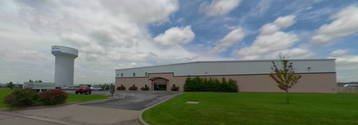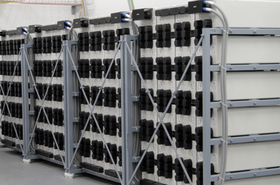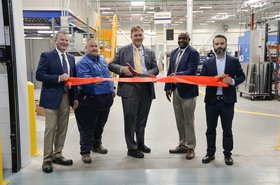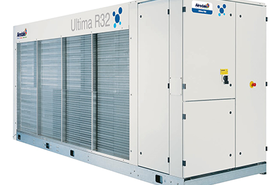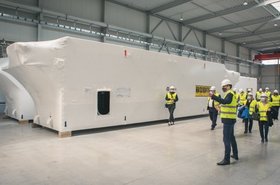A recently spun-out battery company is looking to build a new $200 million Gigafactory in the US.
Æsir Technologies, Inc. provides nickel-zinc energy storage solutions to the aerospace, defense, medical, and critical infrastructure (including data center) markets. Æsir was spun out from ZAF Energy Systems, Inc. in January of this year to focus on operations.
Randy Moore, president and CEO, said the company is now ready to aggressively move into large-scale production.
The company is currently located in the Crossroads Industrial Park in Joplin, Missouri, which it is currently expanding. As part of its expansion plans, the company is exploring other cities to locate a new “gigafactory” battery production plant, having reduced the list down from 21 cities.
“We're going to put this where we've got the best support from… the banking community, the governmental community and the business community,” Æsir Technologies President and CEO Randy Moore told BizJournal.
The new factory will be capable of producing 1.2 million batteries; equivalent to two-gigawatt hours of production. Moore said the factory would initially employ about 300 to 400 people, but could rise to more than 1,000 when fully built up.
The site would require around 80 acres, with the first phase of the project spanning around 160,000 sq ft and an initial investment of about $75 million, and totaling 700,000 sq ft and $200 million of investment when complete.
San Jose, California and Joplin are listed as potential locations for the new factory. Wichita, Kansas; Wichita Falls and San Antonio, Texas; Reno, Nevada; and Rapid City, South Dakota are also potential destinations.
The new factory’s location will be announced in June, and Moore said the company’s existing offices and factory in Joplin – also home to battery company Eaglepicher – will remain open no matter where the new factory is built.
While the company has won military contracts, it is also focusing on the data center market.
“In this last year we installed a megawatt-class battery system in a data center in Atlanta, Georgia, and that is going really well,” Moore told the Joplin Globe. “So now, instead of having to push batteries out into the market, people are coming to us and asking us to team with them for data centers.”
Eivind Listerud, Æsir’s vice president of engineering, said the company’s nickel-zinc batteries performance fits between lead-acid and lithium-ion.
“It’s not as energetic as lithium-ion, but it doesn’t burn, so it’s safe and it’s cheaper. We feel like we have found a nice area in-between for those who are worried about the safety of lithium-ion batteries (and want) better performance than lead-acid. We’re a good match.”

